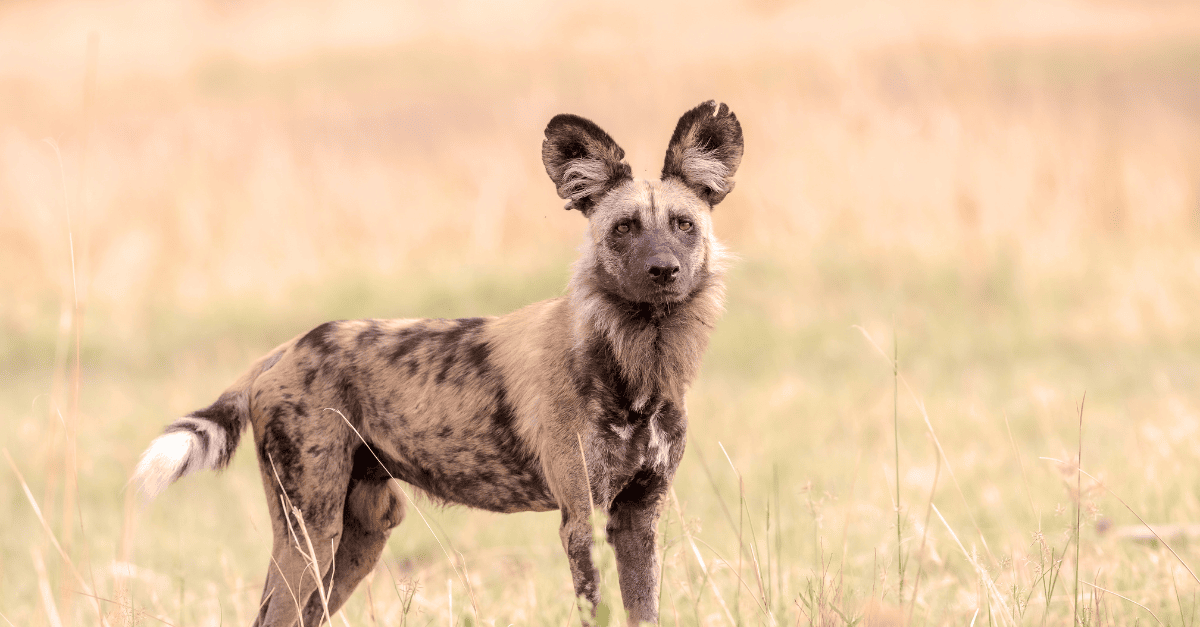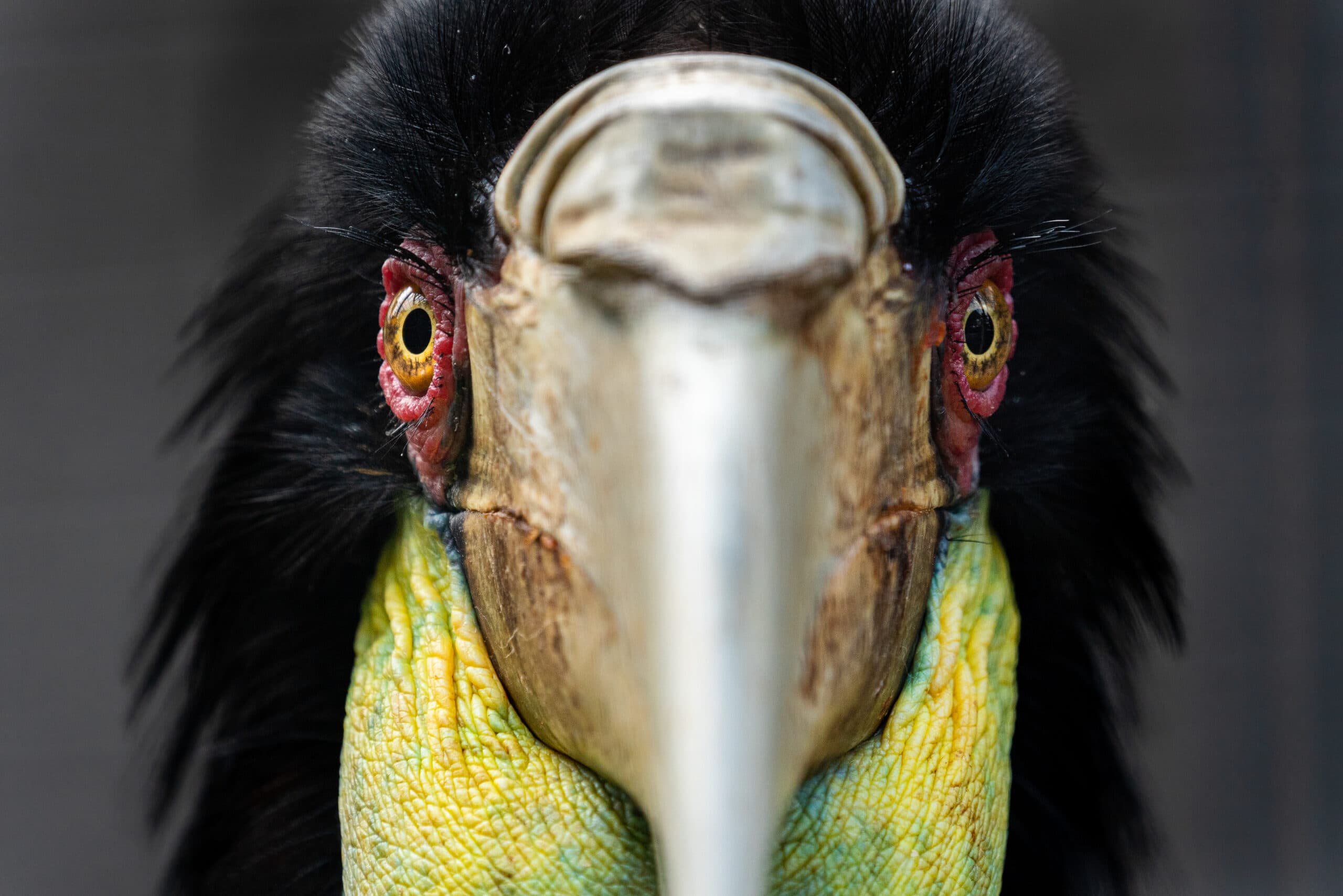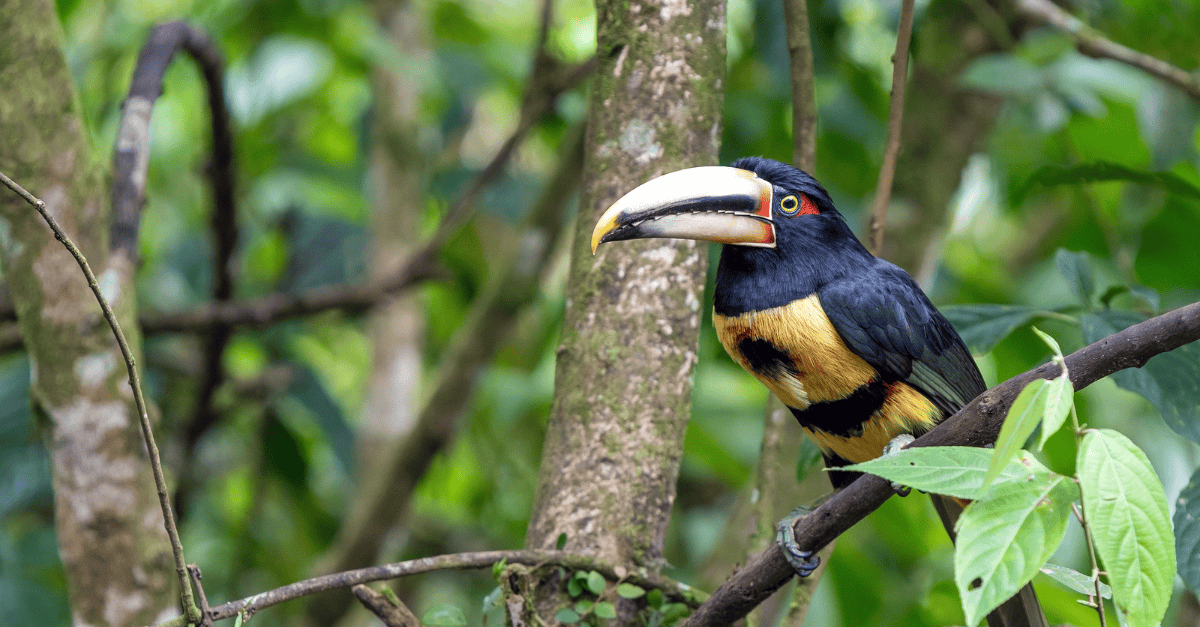Letter on the Post-2020 Global Biodiversity Framework, 26-30 September 2022 in Montreal, Canada
The World Federation for Animals, representing over 40 animal protection organizations, and the Born Free Foundation, want to voice our deep concern for the future of the Post-2020 Global Biodiversity Framework. We are particularly concerned by the lack of transparency and inclusiveness of the negotiation process. Inviting only a selected group of country representatives and excluding civil society organizations at the upcoming round of discussions puts in peril the outcome of this process. This approach further heightens the risks of individual stakeholders undermining the framework’s ambition to the detriment of excluded stakeholders, animals, and the overall health and future of our planet and biodiversity.
We therefore
- call on the Executive Secretary of the U.N. Convention on Biological Diversity and Party Delegates of the Informal Group Meeting in Montreal to ensure a transparent and participatory process that leads the world to an inclusive, comprehensive and ambitious Post-2020 Global Biodiversity Framework, and
- reiterate the critical importance of reflecting progressive language that supports animal welfare and animal health, in line with our input provided to the negotiations and evolving international consensus, including in the context of the One Health approach and the UNEA 5 resolution on the animal welfare nexus. In this week’s closed negotiations, this applies particularly to Target 5 on the harvest, trade and use of wild animal species, which was not addressed at the latest Convention’s formal meeting (OEWG-4) earlier this year.
Transparency and participation key for the framework
Since 2018, 196 countries have been working to update and revise global biodiversity targets under the United Nations Convention on Biological Diversity (CBD). They have held multiple regional consultations and online sessions, as well as in-person meetings. In December 2022, Heads of State of Parties to the Convention are expected to adopt the results of these negotiations at the fifteenth meeting of the Conference of the Parties (COP-15) to the Convention.
Our planet desperately needs this framework as a major driver to transform world systems that currently harm biodiversity and living beings on Earth. To get to this truly transformative guiding framework, however, we need to listen to the voices of experts and those who experience and suffer biodiversity loss. The negotiation process of this framework needs to be inclusive. That is why we are writing this letter.
We have taken part in most of the meetings, proposed concrete solutions, and worked with delegations to put forward critical inputs for an ambitious and transformative framework. However, a lack of transparency has marked the latest rounds of negotiations, limiting our ability to collaborate with stakeholders of this vital process.
We are not alone. Many others have raised the alarm around the lack of participation and transparency in the informal meeting taking place this week in Montreal. Only a limited number of countries have been invited to a process that has deliberately excluded NGO observers from participating.
In view of the above, we call on the Executive Secretary and Heads of State of Parties to the CBD to ensure a transparent and participatory process that leads the world to a comprehensive and ambitious Post-2020 Global Biodiversity Framework.
Critical inputs to those consulting in Montreal this week
We are further concerned by the fact that the draft Framework continues to omit key elements needed for it to be effective and transformative. In particular, we have not seen sufficient progress in reflecting a robust ‘sustainable use’ narrative throughout the Framework that would allow species and ecosystems to recover and thrive. The same applies to the One Health approach, integrating human, animal and environmental health and well-being, which is critical to substantially reduce zoonotic disease risk and tackle the biodiversity and climate crises.
In this week’s closed negotiations, this applies particularly to Target 5 on the harvest, trade and use of wild animal species, which was not addressed at the latest Convention’s formal meeting (OEWG-4) earlier this year. This target needs to drive the elimination of all illegal and ecologically unsustainable trade and use, as well as eliminate all activities that pose any risk of pathogen spillover to humans, wildlife or other animals. It must consider safety from an animal health and welfare perspective. The welfare of individual wild animals – which affects their immune system – must be taken into consideration as part of the effort to sustainably conserve entire species, recognising the intimate relationship between animal welfare, human well-being, and the broader health of the environment. Consideration of wild animal welfare is important on ethical grounds because of the ability of animals to suffer and the suffering inflicted on wild animals. It also has considerable implications on sustainable development.
We therefore call on the Executive Secretary and the Party Delegates of the Informal Group Meeting to reflect our inputs in their proposals to the Working Group (OEWG-5) that will meet ahead of COP15 in Montreal in December 2022. This would also ensure alignment with agreed international concepts, decisions, and frameworks, including the One Health approach, as defined by the One Health High Level Expert Panel; the recently approved UN Environment Assembly resolutions on the animal welfare–environment–sustainable development nexus and biodiversity & health; and the CBD’s draft Global Action Plan for Biodiversity and Health.
Photo by Taun Stewart on Unsplash





